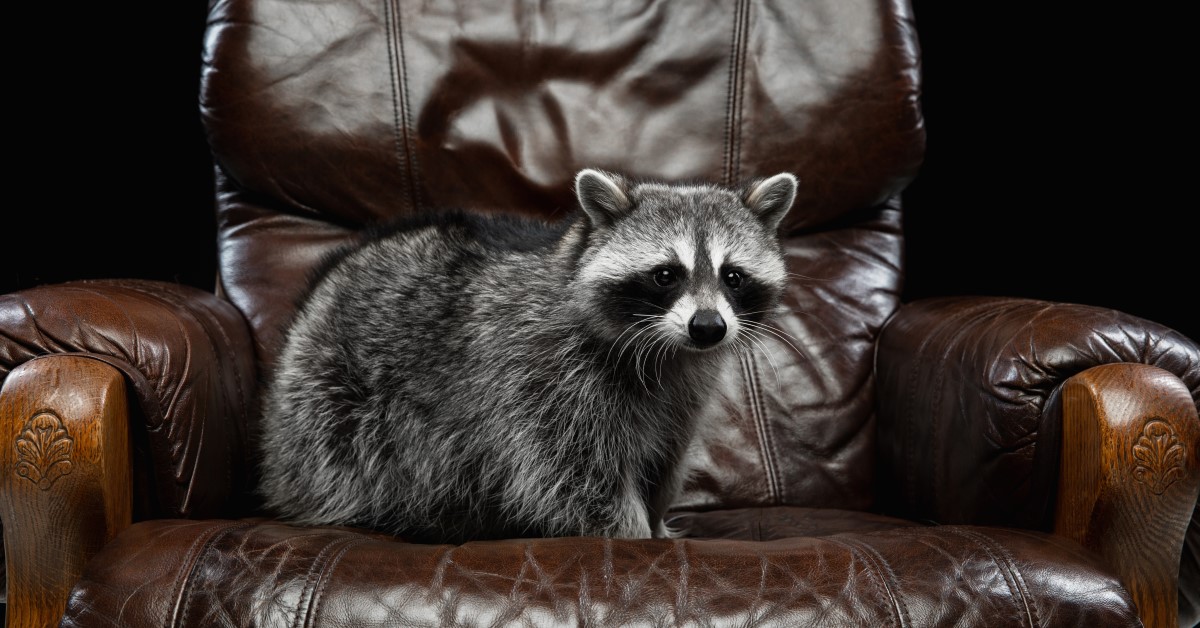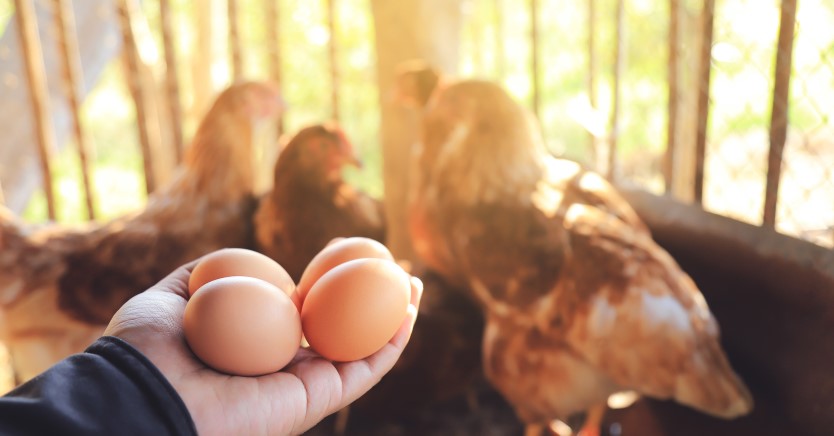Raccoons as Pets: Can It Work?
Raccoons are wild animals that do not generally make good pets and are illegal to own in most states.

Raccoons are known for their recognizable mask-like markings, ringed tails, and stout bodies. These nocturnal critters often display mischievous behaviors, whether they’re rummaging through garbage cans or building dens in residential chimneys. Due to their unique characteristics and relatively small size, raccoons may seem like an interesting pet to keep. However, these cute and cuddly bandits do not generally make good pets.
Is It Legal to Have a Pet Raccoon?
Raccoons are considered wild animals and therefore, are illegal to own in much of the United States. In addition, states that allow individuals to own pet raccoons may require owners to obtain the proper permits. This requires pet owners stay up to date on their state’s regulations pertaining to raccoon ownership.
Currently, only a handful of states in the U.S. allow residents to keep raccoons as pets. These states include:
- Arkansas
- Delaware
- Florida
- Indiana
- Michigan
- Nebraska
- Oklahoma
- Rhode Island
- South Carolina
- Texas
- West Virginia
- Wisconsin
- Wyoming
Do Raccoons Make Good Pets?
Raccoons are intelligent creatures, known for their problem-solving capabilities and good memories. If a raccoon has been domesticated, it can become a playful and affectionate pet. Domesticated raccoons can be housetrained, enjoy being cuddled, and play much like other domesticated animals. However, these creatures also like to climb and explore, meaning they cannot be kept in small rooms or cages.
Owning a raccoon is a major commitment. Raccoons require a large, spacious enclosure where they can move around freely. They need safe items to climb on and toys to play with for physical and mental stimulation. It’s also important to keep dangerous items out of reach as raccoons are known to get into everything. Child-proofing the home is a must.
What Do Pet Raccoons Eat?
Even in captivity, raccoons require a special diet to maintain good health and wellness. Raccoons, especially when kept as pets, are prone to obesity. This can contribute to a range of health issues, such as heart disease, diabetes, and joint problems. Raccoons generally eat a diet consisting of meat, eggs, insects, fruits, vegetables, and nuts. Pet raccoons can also consume low-protein, low-fat dog kibble.
Like other animals, there are certain foods that raccoons should never eat. High-sugar, high-sodium, and high-calorie foods should be avoided. In addition, you should never feed a raccoon cat food as it contains ingredients that can cause kidney issues. Other foods that raccoons should not eat include products containing xylitol, chocolate, raisins, onions, macadamia nuts, coffee, candies, cocoa, bread, and garlic.
What Are Typical Raccoon Behaviors?
Before adopting a raccoon for a pet, it’s important to understand their temperament and what behaviors you can expect to encounter. Raccoons are nocturnal, meaning they are active at night and spend much of the day asleep. While they are generally quiet animals, they can become vocal when frightened or threatened. Their vocalizations may include whistling, hissing, growling, screaming, and snarling.
One of the most curious behaviors that raccoons exhibit is called “dousing.” This behavior occurs when a raccoon puts his food in water to wash it before eating. Their dexterous fingers allow them to hold food with both hands. Raccoons have other unusual physical trait - they have whiskers on their feet. Known as vibrissae, these whiskers extend just beyond the front claws and are used to transmit information to the brain when the tips touch an object.
What Are Raccoon Safety Concerns?
There are several things to consider if you are thinking about getting a pet raccoon. First, never take a raccoon from the wild to raise it as a pet. Not only is this illegal in most states unless you have the proper permits or are a licensed wildlife rehabilitator, but putting a wild animal in captivity can cause extensive stress to the animal and could even cause its death.
Instead, it’s best to acquire a pet raccoon from a reputable breeder, although adoption opportunities are rare. Never purchase a raccoon through the internet or a classified ad. A good breeder will provide you with information on how to properly handle and tame a young raccoon. Reputable breeders will also know the animal’s health history and origin.
You’ll also want to be wary of raccoons that show signs of rabies. Common symptoms of rabid behavior include:
- Erratic wandering
- Staggered walk
- Matted and wet hair on the face
- Lack of response to nearby noise or movement
- Repeated high-pitch vocalization
- Discharge from the eyes or mouth
It is important to remember that raccoons can have unpredictable temperaments. They can sometimes be aggressive and may bite people or other animals. If raccoons are not domesticated early in life, usually by around six months of age, they can remain aggressive.
Even if you reside in a state where it is legal to own a raccoon, you may have difficulty finding veterinary care. Few veterinarians have expertise in exotic pet care, making it difficult to get the care your pet needs to maintain optimal health. It can also be difficult to find a pet sitter to care for a raccoon when you’re away from home.
Is a Pet Raccoon a Good Idea?
Keeping a raccoon as a pet is rarely ever a good idea. Raccoons can be difficult to care for, as they require ample space, a strict diet, and regular supervision. These intelligent and highly active animals do not make great pets but can be fun to watch in the wild.
Ready to start saving money on pet wellness care?
Then take a look at Mint Wellness, the pet wellness plan that provides fast reimbursement on routine pet care. Save on vaccinations, wellness exams, preventatives, dental, and more!
Learn More

